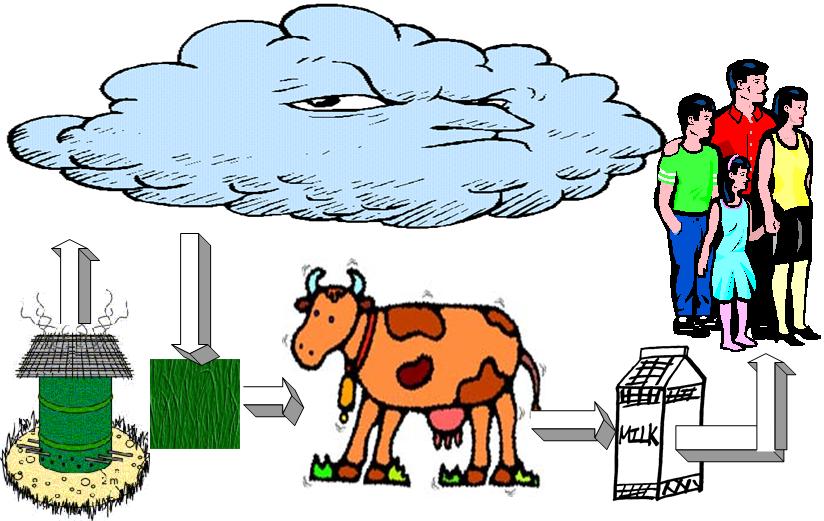Study: Dioxin Exposure Can Reach Three Generations into the Future
 Via Environmental Health News:
Via Environmental Health News:
"Pregnant rats exposed to an industrial pollutant passed on a variety of diseases to their unexposed great-grandkids, according to a study published Wednesday. Washington State University scientists found that third-generation offspring of pregnant rats exposed to dioxin had high rates of kidney and ovarian diseases as well as early onset of puberty. They also found changes in the great-grandsons' sperm. The great-grandkids – the first generation not directly exposed to dioxin – inherited their health conditions through cellular changes controlling how their genes were turned on and off, the researchers reported. The dioxin doses used in the study were low for lab rats, but are higher than most people’s exposures from the environment. The study raises questions that won’t be easy to answer about people’s exposure to dioxins from food and industrial sources."
The new study examined how dioxin exposure affects a person’s epigenome – a road map of chemical changes to DNA and associated proteins. As a fetus develops, its epigenome is reprogrammed, and it can be permanently altered by exposures. The epigenome is then passed down through generations – along with susceptibility to adult-onset disease.
Cement kilns are a large source of dioxins, which are so toxic they're measured in grams, not pounds or tons. Lead smelters are another large source – the Exide smelter in Frisco has been of the largest dioxin polluters in the state. Any kind of incineration process, especially involving chlorides/plastics will release dioxins. This is why its a bad idea to burn plastic garbage as TXI's cement plant in Midlothian does now, or build a "waste-to-energy" incineratator that burns "un-recyclable plastics," as many of us suspect the City of Dallas want to do in the near future.
However, most people get most of their exposure to dioxin from ealing fatty foods that contain it – dairy products like cheese and milk. It enters the food chain as fallout from thousands of different sources, gets absorbed into the soil and plants, and those plants are then eaten by hungry cows.
The findings are not directly applicable to humans, researchers said. The way the animals were dosed is not the same way people are exposed to dioxins, and the moms were dosed for a few days – roughly similar to the first trimester – which does not mimic typical human exposure that is low and gradual but builds over time, Wolstenholme said. Humans and rats also clear dioxin from their bodies differently, she said.
“We cannot know from these studies if people are similarly at increased risk for the same diseases,” Wolstenholme said.
Still, the researchers wrote that their findings “have implications for the human populations that are exposed to dioxin and are experiencing declines in fertility and increases in adult onset disease, with a potential to transmit them to later generations.”
